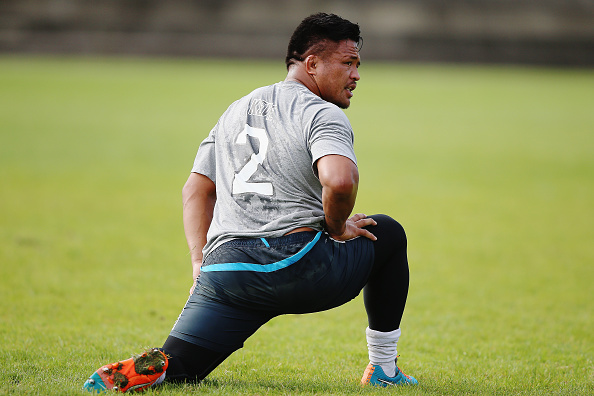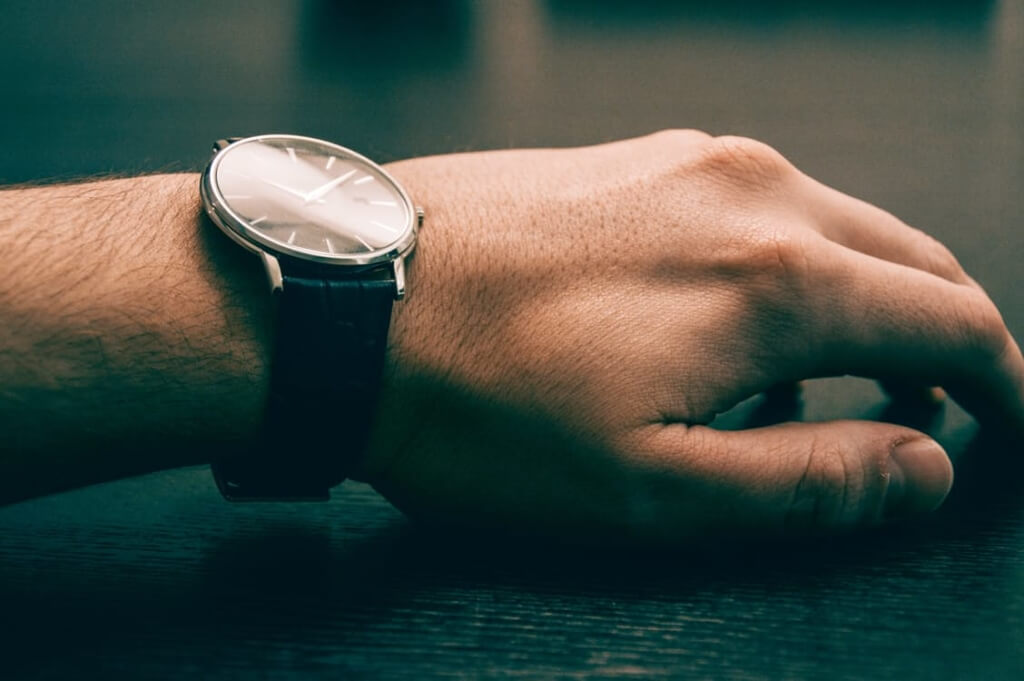Anxiety
Everyone has feelings of anxiety at some point. Whether it’s a job interview, wanting to impress selectors or meeting a partner’s whānau for the first time, feelings of anxiety can be really normal.
It’s when anxiety starts to impact our ability to function and enjoy life the way we want that we may want to consider asking for help and exploring new strategies to cope.
WORRIED ABOUT HOW YOU FEEL?
Take the self-test to help you figure out what you might be feeling and what your next steps could be.
A bit of stress or anxiety is ok
Adrenalin and anxiety can work together to help us react to stresses or potential threats, by quickening our reflexes and focusing our attention, and it usually settles once the stressful situation has passed.
What’s not OK is when the anxiety is constant or gets so bad that it starts to impact the way you want to live your life or makes you feel miserable.
What does it feel like?
The symptoms of worry and anxiety can sometimes go unnoticed and it can be hard to know how much worrying is too much and what a normal reaction looks and feels like.
Experiencing anxiety can mean having lots of worries or fears that you know might be unreasonable but that you still find hard to stop. They are often negative and it can sometimes feel like you’re going round in circles and are stuck inside your own head.
Everyone experiences anxiety in their own way but no matter how you feel there are things that can help.
Common Symptoms
If several of these symptoms are sounding familiar (or even just a couple of them, but in a major way), you may be suffering from anxiety. Click here to find out how to ask for help.
Physical
- Feeling nauseous
- Shaky or dizzy
- Racing heart, shortness of breath
- Feeling tired all the time
- Needing to pee a lot
- Finding it difficult to get to sleep
- Going off your food or overeating
- Having hot and cold flushes
- Feeling irritable and unable to relax
- Have difficulty concentrating
Emotional
- “Something terrible is going to happen”
- “People are looking at me”
- “I’m going crazy”
- “I’ll get it wrong and everyone will laugh at me”
- “I can’t control myself”
Behavioural
- Snowballing worries that get bigger and bigger
- Unable to decide what you want to do or make decisions
- Needing to perform certain rituals, like cleaning, to try and relieve the worries
- Avoiding situations out of fear or worry
Panic attacks
Anxiety can sometimes build up so much that it overwhelms your ability to cope and you may experience a panic attack. A panic attack is the body’s way of responding to anxiety that we feel when we are under extreme pressure.
The symptoms of a panic attack are:
- Racing heart and/or tightness in the chest
- Shortness of breath or difficulty breathing
- Tingling feeling in the arms and legs
If you, or someone you know, is experiencing a panic attack it’s important to stay calm, make sure you/they have space and ask others to move away. The key is to focus on breathing long slow deep breaths into your belly and out. This will help slow the heart rate and reduce the feeling of panic.
Strategies & Tips
Understanding your own experience of anxiety and what it feels like for you is a great first step. From there you can start to look at things that can help. Take a look below at what you can start doing today to get on the road to tackling anxiety.

Get Outside Into Nature
Getting outside and enjoying nature can be calming and give you a break from worry and tension. Try going for a walk, sitting in the sunshine or listening to music and take a break from your work or training.

Make A Plan
Sometimes anxiety can be a normal reaction to putting things off e.g. not paying bills or meeting deadlines. Make a list of the things you need to do, prioritise them and use a diary to plan when you’ll get them done. The small things can wait.

Relax Your Muscles
This technique can really help if you’re feeling tense. Find yourself a quiet space to sit and slowly tense and relax each body part, starting with your hands, forearms, neck, jaw, shoulders, all the way down to your feet.

Limit Your Worry Time
Sometimes worry can impact our daily lives and stop us doing things the way we want. Write down any worries that come up during the day and give yourself a time (20-30 minutes per day) where you are allowed to address these worries.

Get Exercising
Exercise is a great way to relieve tension often felt by people experiencing anxiety, as well as get rid of excess adrenalin built up in the body. Trainings and games are great. Swimming and walking are good options too.

Try Mindfulness
Mindfulness is a skill that focuses on being able to acknowledge your worries then redirect yourself back to the here and now. There are some great mindfulness apps available that can help you to relax.
Getting it sorted
Managing anxiety can take time and it’s important to be patient with yourself as you learn the strategies and skills that work best for you. It’s also important to remember that you are not alone in how you are feeling. Anxiety is very common and there are lots of people who have felt the same way you do.
Learning to cope with, and overcome, anxiety is absolutely possible. If you find the strategies above are not enough then it might be time to ask for some extra help. There are lots of people out there ready and wanting to help. Click here to find some different ways to ask for help or have a look at a list of people who can help here.


